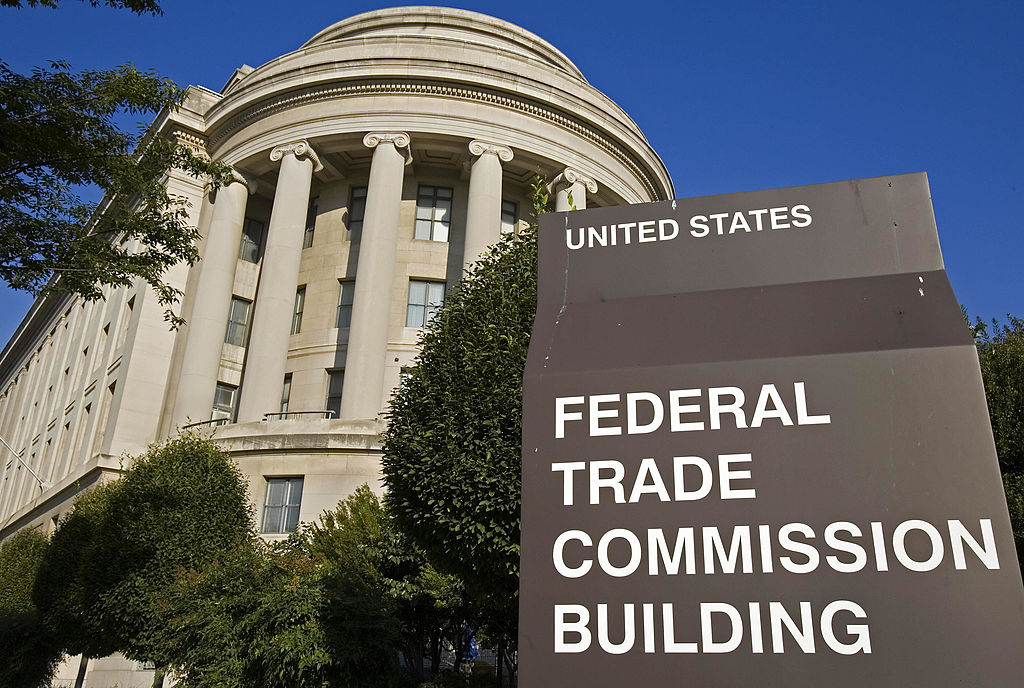FTC Won't Appeal Qualcomm Patent Victory
But acting chair said Ninth Circuit got it wrong

The smarter way to stay on top of the multichannel video marketplace. Sign up below.
You are now subscribed
Your newsletter sign-up was successful
The FTC signaled this week it will not appeal the Qualcomm decision to the Supreme Court.
In May 2019, Judge Lucy Koh of the U.S. District Court for the Northern District of California had ruled that Qualcomm had indeed violated antitrust law, as the FTC had alleged in a complaint that the smart device essential patents holder used anticompetitive tactics to protect its dominance in the modem chip market.
Related: DOJ Issues New Advice on Standard Essential Patents
Specifically, the FTC said Qualcomm "engaged in exclusionary conduct that taxes its competitors’ baseband processor sales, reduces competitors’ ability and incentive to innovate, and raises prices paid by consumers for cell phones and tablets."
But, in a big victory for Qualcomm, a three-judge panel of the U.S. Court of Appeals for the Ninth Circuit last year reversed the district court decision and lifted a permanent, worldwide, injunction against Qualcomm.
Qualcomm had refused to license standard essential patents for smart phone technology in promises it made to standards-setting bodies and charged excessive royalty rates, the district court concluded, agreeing with the FTC that Qualcomm was preserving its monopoly of the LTE chip market, effectively levying a surcharge on competitor's chips.
Not so fast said the Ninth Circuit panel, concluding that Qualcomm's policy for licensing its standard essential patents, "however novel," did not violate the Sherman Act prohibition on anticompetitive conduct.
The smarter way to stay on top of the multichannel video marketplace. Sign up below.
Backed by the Computer & Communications Industry Association (CCIA), whose members include Samsung and Intel, the FTC last fall sought a review of that panel decision by the full circuit court. Such reviews are uncommon and the Ninth Circuit followed that precedent by declining the review.
Related: CCIA Urges Appeal of Qualcomm Decision
In a statement this week, acting FTC chair Rebecca Kelly Slaughter only cited the "significant headwinds" facing a Supreme Court appeal of the decision though she still clearly thinks the Ninth Circuit got it wrong.
"The FTC’s staff did an exceptional job presenting the case, and I continue to believe that the district court’s conclusion that Qualcomm violated the antitrust laws was entirely correct and that the court of appeals erred in concluding otherwise," she said.
The FCC has been under pressure to keep a closer eye on Big Tech and antitrust.
"Now more than ever, the FTC and other law enforcement agencies need to boldly enforce the antitrust laws to guard against abusive behavior by dominant firms, including in high-technology markets and those that involve intellectual property," she said. "I am particularly concerned about the potential for anticompetitive or unfair behavior in the context of standard setting and the FTC will closely monitor conduct in this arena.”
And how does the FTC suggest the public keep abreast of issues like Big Tech and antitrust? "Like the FTC on Facebook, follow us on Twitter."
Contributing editor John Eggerton has been an editor and/or writer on media regulation, legislation and policy for over four decades, including covering the FCC, FTC, Congress, the major media trade associations, and the federal courts. In addition to Multichannel News and Broadcasting + Cable, his work has appeared in Radio World, TV Technology, TV Fax, This Week in Consumer Electronics, Variety and the Encyclopedia Britannica.

